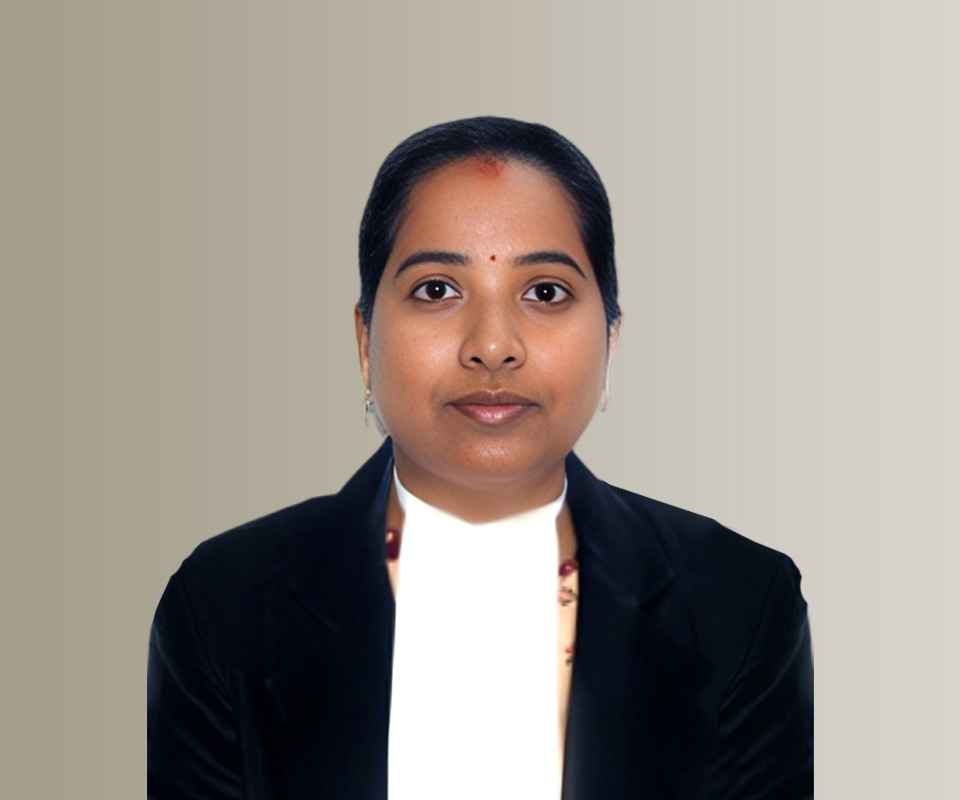Answer By law4u team
In India, a sessions division is a geographical area within a state that is defined for the purpose of administering the criminal justice system. A sessions division typically consists of several districts, and each sessions division is headed by a Sessions Judge who presides over the sessions court. The formation of sessions divisions and the number of districts within each division are determined by the state government, in consultation with the High Court of the state. The decision to create a sessions division or to change the boundaries of an existing sessions division is based on various factors, such as the population density, the number of pending cases, and the distance between courts. In general, a sessions division may be created or altered under the following circumstances: Increase in population: If the population of an area increases significantly, it may become necessary to create a new sessions division or to alter the boundaries of an existing division to accommodate the increased workload. Increase in crime: If the crime rate in an area increases, it may become necessary to create a new sessions division or to alter the boundaries of an existing division to ensure that cases are heard in a timely manner. Geographical considerations: If an area is geographically large or distant, it may become necessary to create a new sessions division or to alter the boundaries of an existing division to ensure that cases can be heard efficiently and effectively. It is important to note that the creation or alteration of sessions divisions is a matter of state law, and the specific circumstances under which a sessions division is created or altered may vary from state to state.









